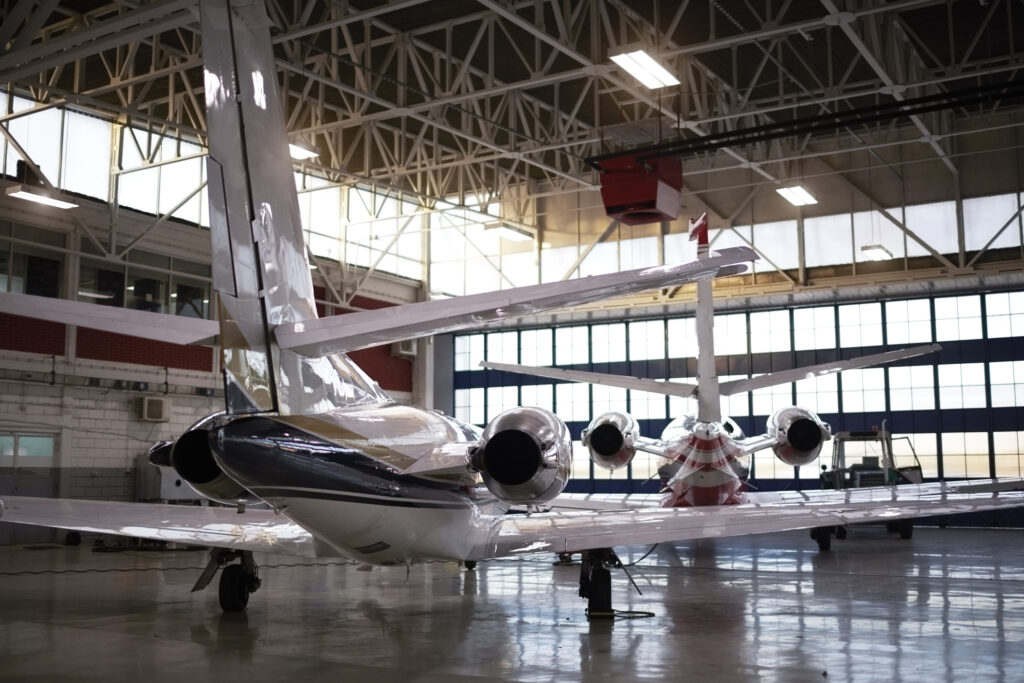Insurance For Aviation Industry

Aviation commercial insurance covers liability and hull risks of an aircraft. It does not cover accidental injury and death. Many new companies have entered the field of aviation insurance in recent decades, and many of them are competing with each other and foreign carriers for business. These companies provide many benefits for commercial and business aviation, including the ability to customize policies to fit the needs of each individual company. This article will discuss some of those benefits. Read on to learn about how you can protect your company from financial disaster.
Aviation liability insurance covers the costs of bodily injury and death caused by an airplane. It typically has limits per injured person and occurrence, although some policies have a single limit. It also covers claims for damage to property and the use of an aircraft for a charge. The maximum liability limit of these policies is determined by the individual insurance contract. However, some policies offer more flexibility and can even cover the cost of replacement parts and aircraft parts.
Liability insurance covers the costs of bodily injury and death caused by aircraft operations. Typical limits are per injured person or per occurrence, while some have a single limit. Other types of liability insurance cover claims for damage to property or for the use of an aircraft for a fee. Most insurance contracts stipulate the maximum limit of liability, so be sure to review the fine print of your policy to make sure you have enough coverage. This will help keep your business in good standing and protect the interests of its clients.
There are several types of commercial aviation insurance policies. Some of these policies provide coverage for multiple locations. Some of them offer coverage for both hull and liability. In the event of a loss, an aircraft owner can be compensated for losses incurred by a crew member or passenger. A pilot’s license must be valid, and a lapse in this can be devastating. The only way to protect the financial interests of both parties is to get aviation commercial insurance.
Generally, nonscheduled air carriers offer on-demand commercial services. They are required to maintain a valid license, and a license suspension can result in a loss of income. Moreover, they need to pay for direct operating expenses. A hull and liability policy also protects the airline against the risk of damage. A commercial aircraft will be repaired and insured at no extra cost. It is important to understand the terms and conditions of such policies before purchasing insurance.
In the event of an accident, an aircraft insurance policy will provide coverage for damage to the aircraft. An aircraft insurance policy is an essential part of any commercial aviation business. It is crucial to know the limitations of coverage before you start purchasing an aviation commercial insurance policy. A standard plan will cover all damages that occur to the aircraft. If you own an airplane, you should purchase a comprehensive policy that covers these risks. The cost of this kind of insurance will vary depending on the use of the plane.
The scope of aviation insurance coverage varies according to the type of business. For example, a flight training company may need to purchase aircraft insurance. In addition, a financial company can buy insurance for its corporate jet. Some aviation businesses also rent airplanes. For example, flying clubs need aircraft insurance. Despite these differences, commercial airlines have to comply with regulations. If you don’t, you might end up losing thousands of dollars. If you are not covered, you’re risking your livelihood.
A commercial aviation insurance policy will cover your aircraft and any passengers on it. It will also cover liability for other businesses, including the hangar itself. You will also need to be aware of the various types of coverage available. A commercial airplane insurance policy will cover you against losses arising from accidents and other incidents that may happen to the aircraft. You will not be liable for any damages incurred by other people or property. Therefore, you will not have to worry about financial catastrophes.
A commercial aircraft insurance policy can cover all types of risks. It can cover hull losses, passenger injuries, and third-party damages. Most aviation policies include special clauses and terminology for these types of events. The insurer can also pay for a commercial aircraft’s first flight and other costs. It is wise to have an appropriate commercial insurance policy to protect your investment. You need to protect yourself from any possible risk, so you need to be adequately protected.

